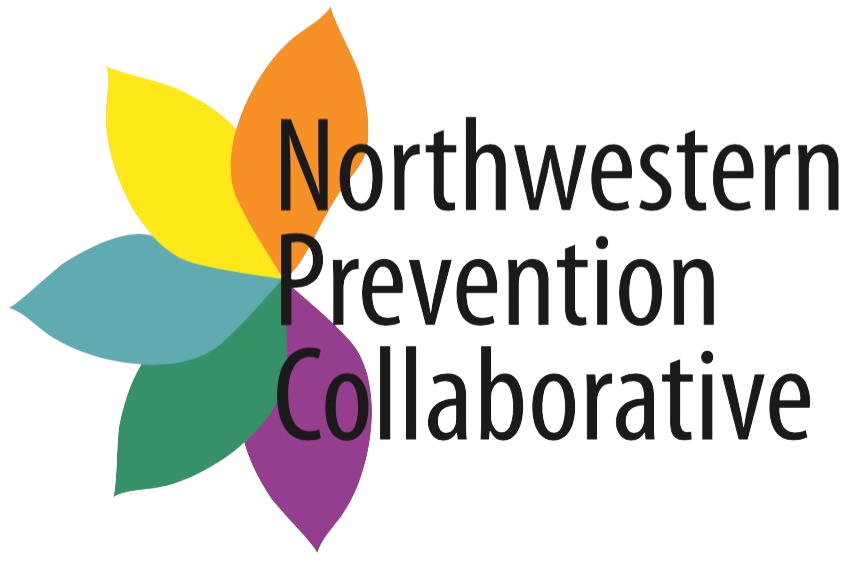It used to be that when tragedy struck children, people often responded with, “They’ll be fine. Kids are resilient.” We now know that is not always the case. While some children may be a bit more genetically inclined to be resilient than others, the truth is that children learn resilience. (For an understanding of what resilience is, check out this article.) It is developed day by day throughout their lives, from the moment they are born. Unfortunately for parents, children are not born with instruction manuals! For most of us, this idea of teaching children to be resilient is fairly new—and it’s not as simple as telling them to get back up when they fall. (Though that’s entirely appropriate.)
This is not an all-encompassing manual on how to build resilience. There are literally books written on the topic, and we cannot cover it all in one article. Our goal here is to give you a few simple tips you can use daily.
-
Say “I love you” out loud.
This goes for all ages, whether your child is a sweet newborn or a challenging teenager. It goes for anyone in your life you feel is important. Never assume someone knows how you feel. They need to hear it.
-
Respect your own heritage and that of others.
Whatever your cultural background, take the time to teach your child about it and celebrate it. It helps them develop a sense of themselves. At the same time, teach respect for other cultures. You can explore these things together! Reminding yourself of your heritage and culture can give you a stronger sense of self and make you feel more connected. And respecting the culture of others can help with the next tip.

Understanding your own heritage builds resilience in you. Understanding and respecting the heritage of others builds resilience in them. -
Build friendships.
It is important that both you and your child have friends. It doesn’t matter if we’re extroverts or introverts, we all need that personal connection to others. People with positive social connections (friendships) typically live longer, healthier lives. Take time to arrange a play date for your kids. Even if it takes an extra effort, ensure that your child has the opportunity to develop several strong friendships. While you’re at it, remember that your friendships are worth nurturing as well. It is okay for you to take time away from your family to have lunch or take a walk with a friend.
-
It’s okay to ask for help.
One of the most difficult things for us as humans to do is to admit we need help. Perhaps we are afraid it makes us look weak or stupid. Perhaps we don’t want to be a burden to another person. Chances are, we learned that from watching our parents do it on their own, or perhaps an adult snapped at us once when we asked for help. Let your children see you ask for help. Ask them for help! If you can’t help them when they ask for it, do your best to be patient and explain why.
-
Let others know you’re available to help.
This goes hand-in-hand with the previous point tip. If there are other family members in the household, this can be easier to teach. You can encourage your children to help each other or the other adult in the home. If you’re a single parent with just one child, you might need to ask your child if he or she can help you (see how that ties into the previous tip?). You could do a little role-playing to teach this lesson, or make it a point to go out together to help someone in the community.
Some of those tips may seem like common sense, but sometimes, as parents, we don’t put enough value on our day-to-day actions. Sometimes we don’t realize how critical friendship is, or that allowing our children to help us (even when it means a chore takes longer) is not only teaching them a skill, but building an inner strength that can make a difference years down the road.




Comments are closed.